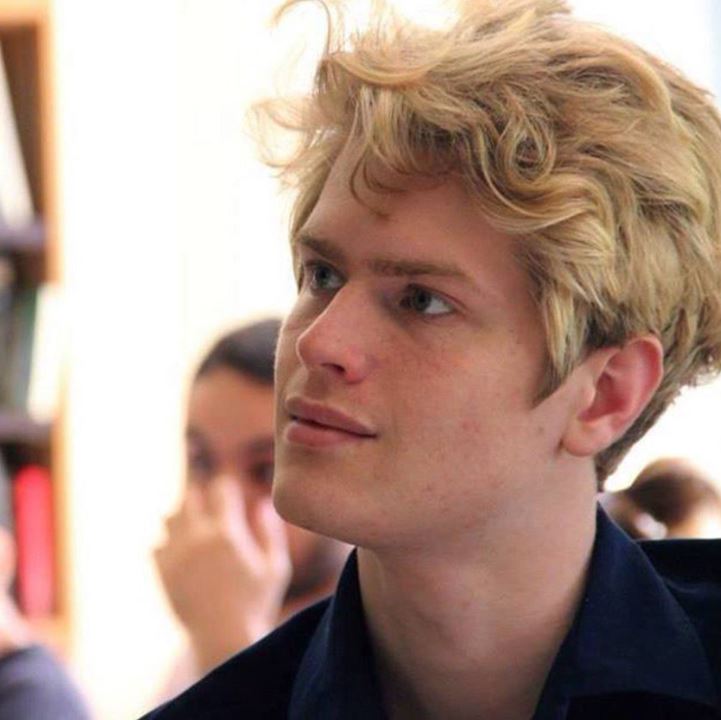It’s not quite an acceptance letter to Hogwarts, but for Samuel Gillis Hogan, it’s the next best thing.

After a lifelong passion for the supernatural, Gillis Hogan of Wolfville, N.S. has been awarded a prestigious fellowship to study the history of magic at an English university.
As this year’s recipient of the Rothermere Fellowship – valued at roughly $29,000 per year for living expenses, plus university and travel fees – Gillis Hogan will be heading to the University of Exeter in September to pursue a PhD in the bewitching subject.
“I’m pretty over the moon about it all,” he said in a phone interview Saturday. “It’s marvellous.”
READ MORE: Knights from around the world gather in Cooks Creeks for Medieval Festival
Gillis Hogan’s fascination in magic started young: every book, TV show and movie he liked as a child had some sort of magical element to it, he said.
“Children always loved magic, but they never loved it quite to the obsessive degree that I did,” he chuckled, noting that the success of the Harry Potter franchise helped him realize he wasn’t the only one interested in the topic.
His love of magic carried him throughout his school career: he wrote an honours thesis on spirit summoning during his undergraduate degree in history and medieval studies at Memorial University in N.L., and defended a thesis on chiromancy – the medieval precursor to modern-day palm reading – while completing his master’s degree at the University of Saskatchewan.
At the University of Exeter, Gillis Hogan will study late medieval and early modern manuscripts containing instructions on how to summon fairy spirits: a subject which he said doesn’t get a lot of attention in the world of magic academia.
He said part of his thesis will be spent on nailing down what exactly a fairy is, because people in the middle ages imagined them differently than we do.
“The idea of what a fairy is changes vastly from time period to time period, from location to location, even from person to person,” said Gillis Hogan, explaining that, depending on the culture, the mythical beings were seen more as malevolent spirits than the cute, Tinker Bell-like creatures we know today.
WATCH: Alberta teacher turns classroom into year-long medieval-themed game

He said he’s drawn to the history of magic because it’s a field of study that connects a variety of other topics like philosophy, science, medicine and religion – areas of thought that, at the time, weren’t necessarily divided up into different categories like they are now.
“We tend to think of those as different things … but if you look at the borders of those, even today, they get really messy and blurry in between,” he said. “And when you talk about the middle ages, that doesn’t work at all.”
They did make divisions – “natural philosophy,” for instance, was the practice of studying nature and pre-dated the concept of science – but the categories were less refined than they are today.
Gillis Hogan said taking a closer look at the magic people believed in gives us an intimate window into how they understood the world.
The way we see the world now, he noted, is just one perspective among many.
“I think that should give us a bit more pause when we have a tendency to look at past cultures, or even other cultures than our own that exist right now, and look down our noses at it as being backwards or strange.”
He said even though medieval magic rituals may seem odd to the average 21st-century person, studying the intellectual context behind them shows they were rational based on the way people perceived the world at the time.
He hopes to eventually become a professor in the subject.
- ‘Shock and disbelief’ after Manitoba school trustee’s Indigenous comments
- ‘Super lice’ are becoming more resistant to chemical shampoos. What to use instead
- Is home ownership only for the rich now? 80% say yes in new poll
- Invasive strep: ‘Don’t wait’ to seek care, N.S. woman warns on long road to recovery




Comments